
Now Enrolling: Clinical trial EA8184 is exploring if green tea extract pills can help reduce the progression of prostate cancer
June 24, 2021
Trial Results: Recent ECOG-ACRIN research
September 20, 2021Advocacy and the NCI’s National Clinical Trials Network
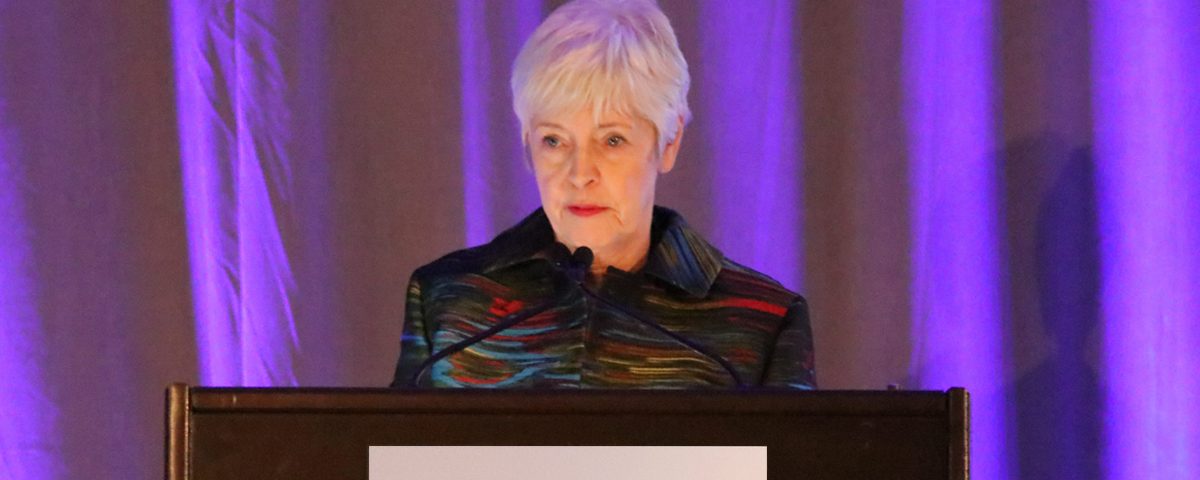
Mary Lou Smith, JD, MBA, Chair of ECOG-ACRIN's Cancer Research Advocates Committee
Cancer research is made possible by a number of entities: government agencies, nonprofit organizations, healthcare companies, and more. In the United States, it is also funded by the public, by way of the National Cancer Institute (NCI) and its National Clinical Trials Network (NCTN). The NCTN comprises five organizations dedicated to conducting cancer research—plus a sixth group based in Canada. Four of the US-based organizations, including ECOG-ACRIN Cancer Research Group (ECOG-ACRIN), focus on cancer in adults, while the fifth leads childhood cancer research.
Advocates play an important role in each of the NCTN groups, helping to inform the design and implementation of clinical trials. ECOG-ACRIN was the first group to establish a patient representative committee (now the Cancer Research Advocates Committee), recognizing that patient input into ECOG-ACRIN’s priorities and study designs would improve both. Today, the Cancer Research Advocates Committee includes over twenty advocates covering a breadth of cancer types.
Recently, the Research Advocacy Network (co-founded by Mary Lou Smith, JD, MBA, chair of ECOG-ACRIN’s Cancer Research Advocates Committee) hosted a virtual Precision Medicine in Oncology Series. In the final session, the chairs of the four adult NCTN groups advised how advocates might best contribute to precision medicine clinical trials—but also to clinical trials in general. See below for a few highlights from the session.
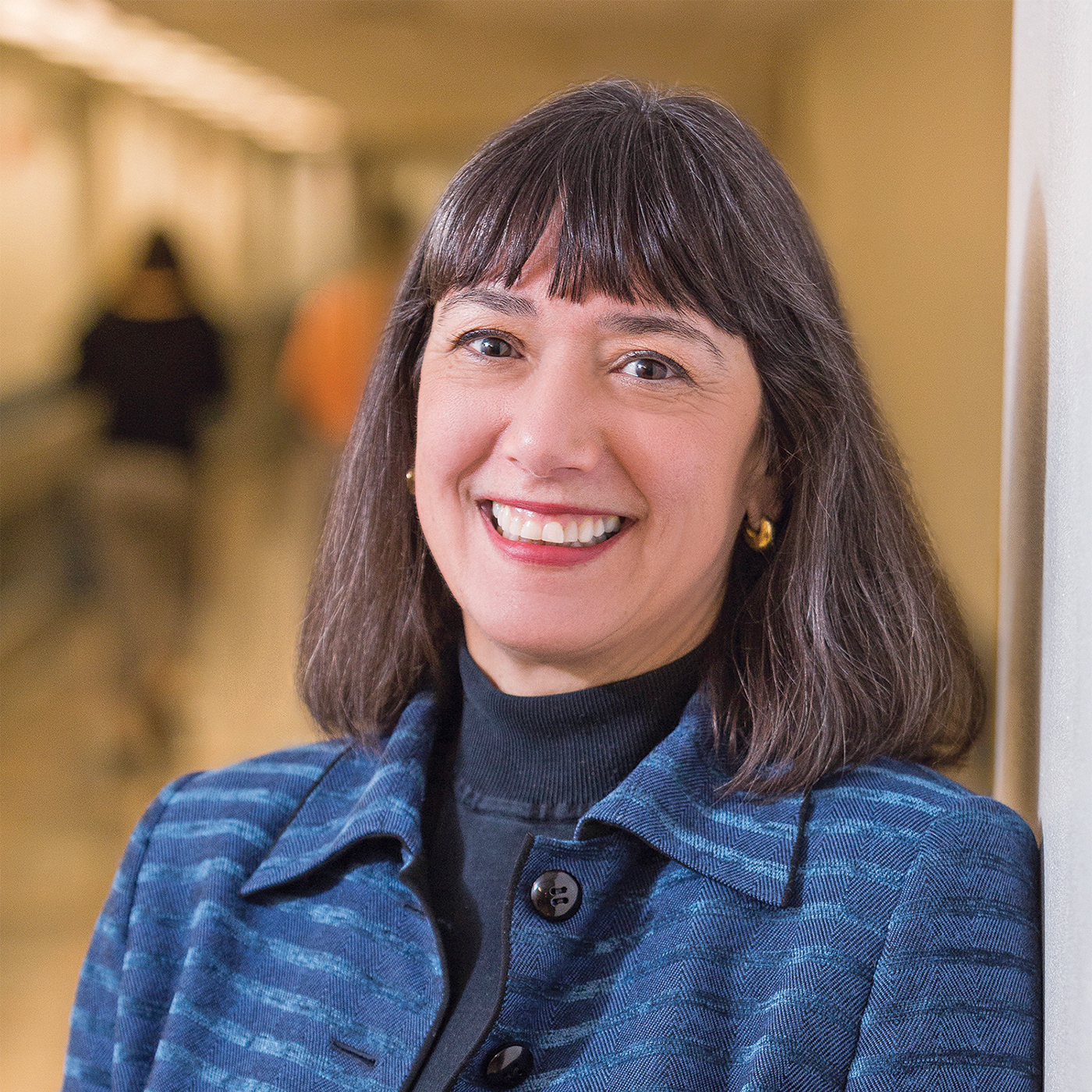 Monica M. Bertagnolli, MD
Monica M. Bertagnolli, MD
Chair, Alliance for Clinical Trials in Oncology
The goal of Alliance is to design trials that bring the greatest possible benefit to patients with cancer, and then to make these trials available to everyone who needs them. Contributions from patient advocates are essential for both of these core activities. Advocate participation in trial design helps ensure the study team clearly understands the benefit to patients. Advocates also highlight factors such as patient values, social environment, resource availability, and other practicalities that may impact clinical care decisions.
Additionally, Alliance advocates greatly aid the process of making trials available to everyone who needs them. They provide input on trial inclusion/exclusion criteria, which determines who may be eligible to participate. They help prepare study educational materials and summaries of results in language that patients can understand. Finally, they help with enrollment—potential study participants feel reassured when they learn that patient advocates have been involved from the beginning of a trial’s design.
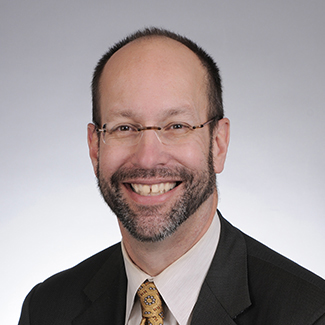 Robert S. Mannel, MD
Robert S. Mannel, MD
Co-Chair, NRG Oncology
Advocacy groups can help determine trial feasibility. For example, a study team might want to focus on one particular question or design based on scientific purity, but logistically the trial might not make sense. It is extremely helpful when advocates emphasize issues related to access or practicality. We want to design trials in which our patients and our communities can participate.
Sometimes those who design clinical trials—physicians, statisticians, well-meaning researchers—are not in the “real world” enough. That real world is where our patients live. How do we work with advocates and patients to design the best trials that have an appropriate balance of scientific purity versus accessibility and impact? The accuracy and precision bar cannot be so high that there are barriers to trial enrollment.
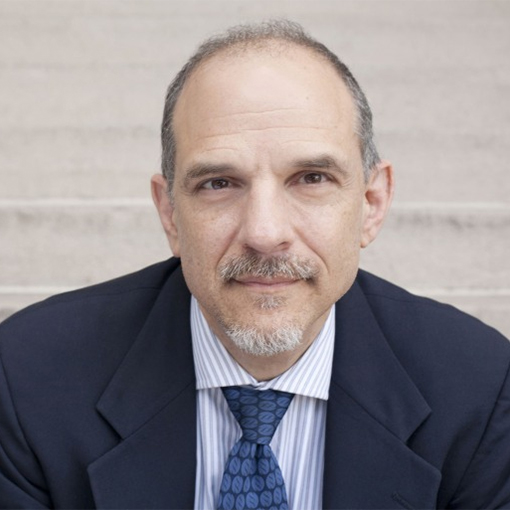 Charles D. Blanke, MD
Charles D. Blanke, MD
Chair, SWOG Cancer Research Network
Years ago, we would develop a scientific concept almost completely apart from our advocates, and then we would bring them in at the last minute. Now, we know that is not enough. Our goal at SWOG is to incorporate the patient voice throughout the lifecycle of a clinical trial, from the earliest concept development to protocol writing and patient enrollment.
Our advocates encourage us to consider factors like environment, lifestyle, and patient preference. If a patient does not want to take a medication, it is not going to do them any good. Who better to inform us about these arenas than advocates or patients themselves? We might not always recognize practicalities that are of overwhelming concern to patients. Researchers focus on genetics or biomarker targets, but what about these other elements that might impact treatment?
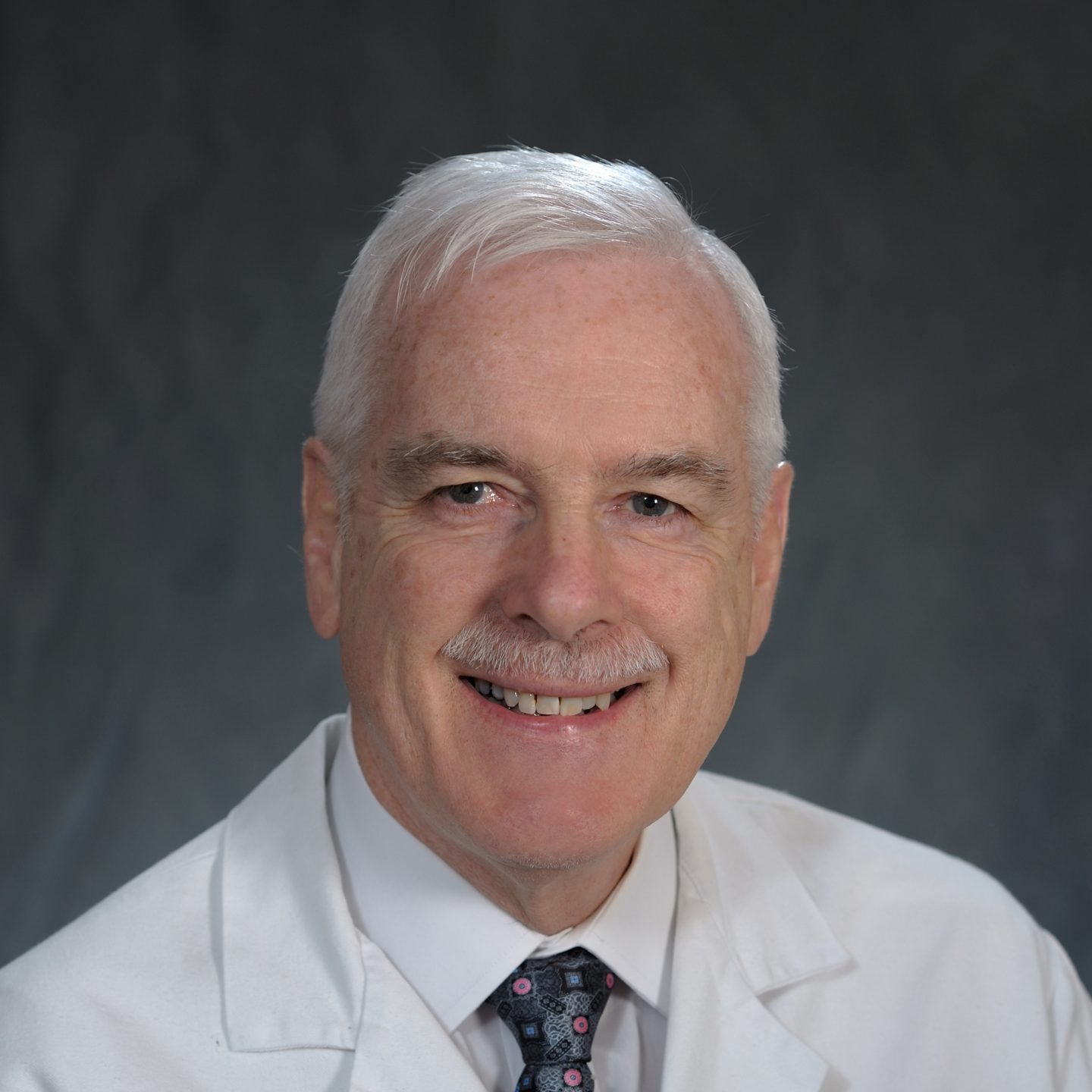 Peter J. O’Dwyer, MD
Peter J. O’Dwyer, MD
Co-Chair, ECOG-ACRIN Cancer Research Group
Regarding the NCI-MATCH Precision Medicine Trial, our Cancer Research Advocates Committee, and particularly its chair Mary Lou Smith, has been involved since the very beginning. Advocates have participated in all aspects of the study design, helping ensure it is patient-friendly and reasonable. For the initial part of the trial, patients have to undergo an extra biopsy. Our advocates helped us think through why patients might be willing to do this, considering the additional discomfort and risk. What would make the process worth it? The answer was a strong hit rate—a good chance that they would be eligible for one of the treatments.
From a patient perspective, we also have to think about the whole country, not just major metropolitan areas. We have to be able to bring new therapies to patients where they are. This is another issue our advocates remind us to address.
The written interview excerpts have been edited and condensed for clarity.

